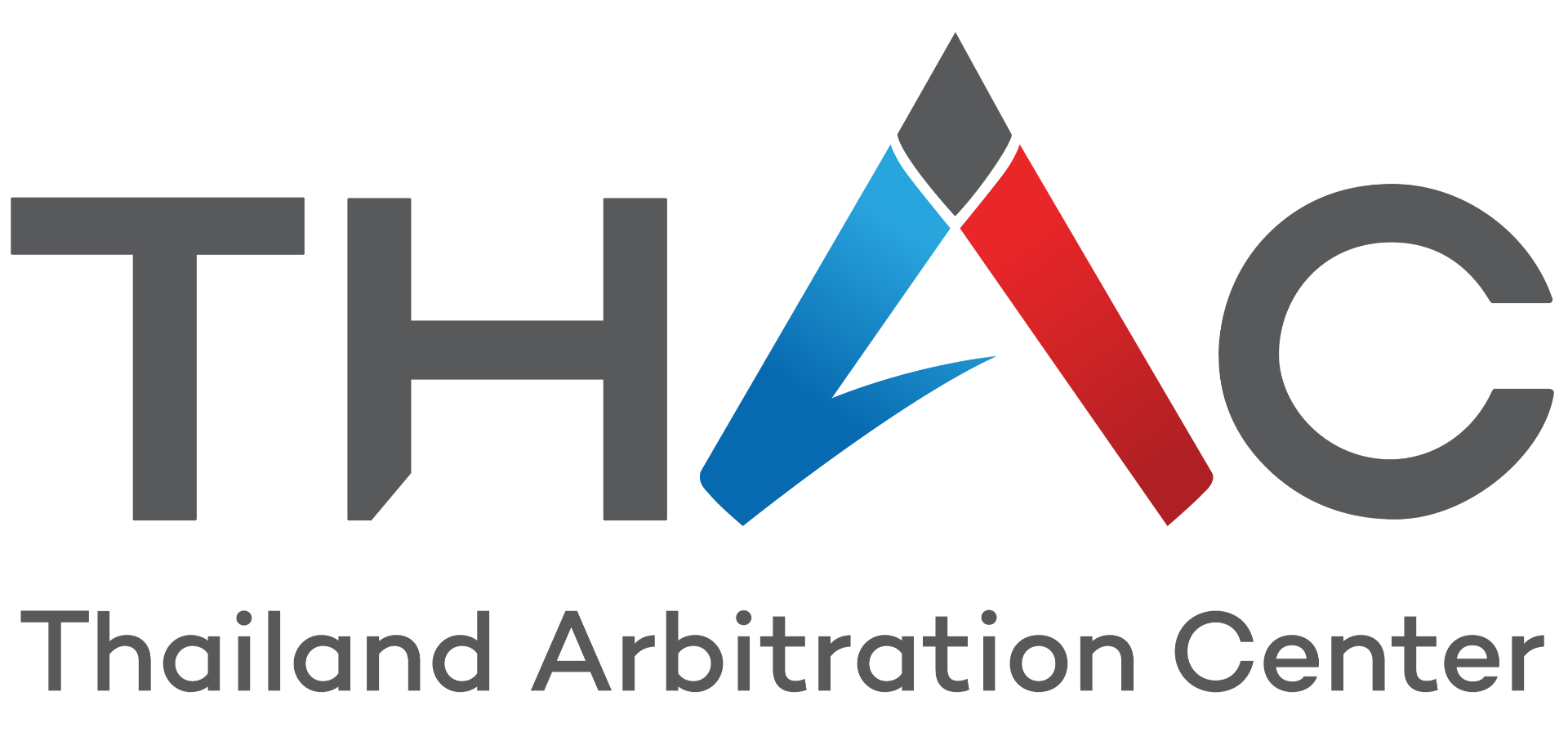
Commercial Disputes in Thailand: Understanding Types & Resolutions

In the world of business, disagreements and conflicts are an inevitable part of operations. When related to commercial activities, these disagreements are classified as commercial disputes and can often jeopardize progress toward success.
If you aim to operate or start a business in Thailand, it is essential to have a fundamental understanding of commercial disputes within the context of Thai law, including what they entail, common forms, and how they can be effectively resolved.
What is a Commercial Dispute?
A commercial dispute is a legal disagreement between businesses or individuals engaged in commercial transactions. These disputes can stem from a wide range of issues surrounding trade, business operations, and more. They generally occur as a result of misunderstandings of, or failure to perform contract terms and conditions. Thai law recognizes commercial disputes as a distinct category of legal conflicts with specific regulations and resolution procedures.
Common Types of Commercial Disputes in Thailand
As mentioned above, commercial litigation covers many types of dealings between businesses or individuals. Thus, it can vary in type and complexity. Here are some examples of common commercial disputes:
- Commercial Contract Disputes: Breaches of contracts are among the most frequent commercial disputes. These could include failure to deliver goods or services as agreed, disputes over payment terms, or disagreements about the interpretation of contract clauses.
- Real Estate Disputes: These involve disagreements regarding contracts, termination of leases and property agreements, development, settlements, landlord-tenant relationships, and acquisitions, among others.
- Debt Collection: Businesses may face disputes related to unpaid debts or invoices. Thai law provides mechanisms for debt collection and enforcement of payment.
- Intellectual Property (IP) Disputes: Issues concerning trademarks, copyrights, patents, and trade secrets fall under intellectual property disputes. These can involve allegations of infringement or unauthorized use of intellectual property.
- Shareholder Disputes: In companies or partnerships, disagreements among shareholders regarding company management, profit distribution, or ownership rights can lead to shareholder disputes.
- Consumer Disputes: Conflicts between businesses and consumers regarding the quality of goods or services, unfair trade practices, or misleading advertising can result in consumer disputes.
Resolving Commercial Disputes in Thailand
Several approaches exist in Thailand for addressing commercial disputes. Here are the most common methods:
1. Negotiation
Negotiation is the most straightforward way to resolve a commercial dispute. It typically involves direct communication between the parties involved in the dispute. This may include meetings, phone calls, or written exchanges. The goal is to reach a mutually agreeable solution without resorting to external intervention. This can lead to a faster outcome and may preserve business relationships.
- Advantages: Negotiation is the most cost-effective method for resolving commercial disputes. It offers great flexibility, allowing parties to shape a solution that suits their unique needs. Additionally, successful negotiations can help maintain or even improve business relationships, making it a desirable option for those who wish to continue working together in the future.
- Disadvantages: The success of negotiation depends on the willingness of all parties to find a resolution. If the parties are unable to find common ground, negotiations may fail. Further, power imbalances between parties can create an unfair dynamic, potentially resulting in less favorable outcomes for one side.
2. Mediation
In mediation, a neutral third party, called a “mediator,” facilitates communication and assists parties in finding a solution. The mediator doesn’t impose a decision but guides the parties toward a mutually acceptable agreement.
- Advantages: Mediation emphasizes finding creative solutions that may not be achievable through traditional courtroom battles. The mediator’s role in facilitating communication can often bridge gaps in understanding. Mediation proceedings offer confidentiality, and the process is voluntary, meaning parties only agree to an outcome they find acceptable.
- Disadvantages: Due to its voluntary nature, mediation requires that all parties cooperate and commit to finding a compromise. The agreements reached in mediation are not automatically binding unless the parties make a formal arrangement to do so.
3. Arbitration
Arbitration is similar to a trial, but it’s conducted outside the court system. Parties select an “arbitrator” or a panel of arbitrators to hear their case. The arbitrator(s) review evidence, listen to arguments and make a binding decision called the arbitral award.
- Advantages: Arbitration allows parties to choose an arbitrator or panel with expertise relevant to their dispute, guaranteeing a level of knowledge that might not be present in a general courtroom. It often provides a faster and less expensive route to resolution than litigation. Arbitral awards are also generally enforceable both locally in Thai courts and internationally.
- Disadvantages: Arbitration offers limited appeal rights, meaning the arbitrator’s decision is usually final. Furthermore, the cost of arbitration can increase depending on the complexity of the case and the chosen arbitrators.
4. Litigation
In Thailand, cases unresolved through other means can be taken to court. Litigation involves a court trial where a judge renders a binding judgment based on the evidence presented. The court’s decision is binding and enforceable by law.
- Advantages: Litigation sets legal precedents, offering clarity for future disputes. Court judgments are backed by the legal system’s power of enforcement, giving successful parties significant leverage.
- Disadvantages: Litigation is typically the most expensive and time-consuming option. The adversarial nature of court proceedings can sometimes damage relationships between the disputing parties.
Having a basic understanding of commercial disputes in Thailand is crucial for businesses operating within the country. By knowing the common types of disputes that may arise and the available resolution mechanisms, you can be better prepared to address them and protect your business interests effectively.
The Importance of Seeking Legal Counsel
Navigating commercial disputes in Thailand can pose complexities due to cultural nuances and the specific legal framework. It’s advisable to consult with a lawyer experienced in Thai commercial law. An attorney can help you understand your rights, evaluate the best course of action, and represent your interests within the legal system.
THAC: International Arbitration and Expert Mediation Services
As an international arbitration institution, THAC specializes in providing effective and impartial dispute resolution services. Our team of seasoned arbitrators and mediators brings a wealth of experience to the table, ensuring that your business disputes are handled with the utmost expertise and professionalism.
If you have questions about our arbitration services or any other legal services, please get in touch with us at:
Email: [email protected]
Call: +66 (0)2018 1615
THAC is looking forward to helping you.

